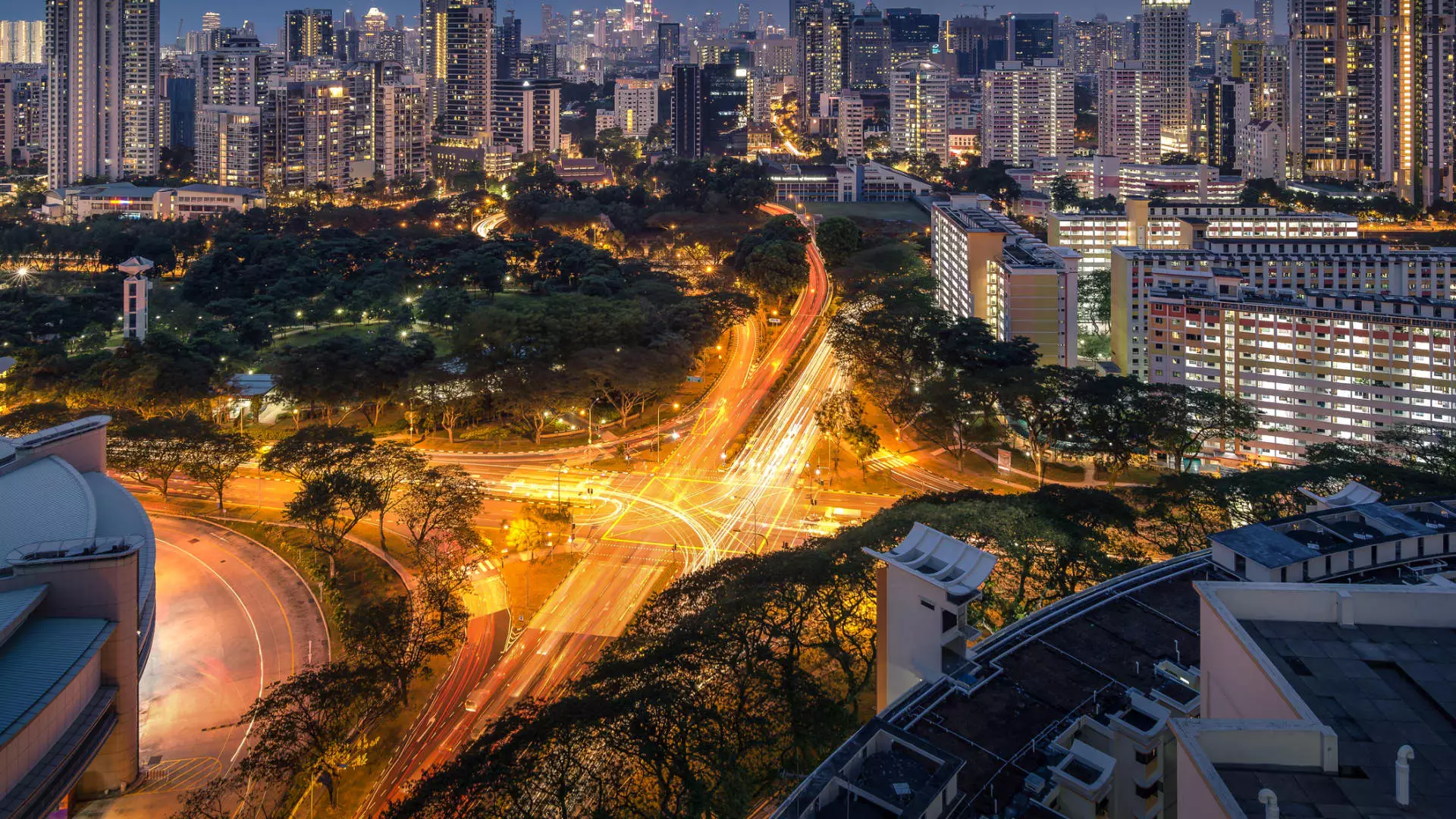Singapore’s private housing market has recently experienced a significant shift, with private home prices declining for the first time in over a year. This unexpected downturn comes after five consecutive quarters of growth, signaling a potential change in consumer behavior and market dynamics. According to preliminary data from the Urban Redevelopment Authority (URA), the private home price index for the last quarter reflected a 1.1% decrease from the previous quarter. This article examines the implications of this decline and the broader trends in Singapore’s real estate landscape.
The 1.1% fall in the private home price index not only marks a break in the upward trend observed throughout most of 2023 but also highlights a significant market correction. Over the first three quarters of 2024, prices only edged up by 1.1%, a stark contrast to the more robust 3.9% increase seen in the same timeframe the previous year. This cautious trend suggests that the once-optimistic market may be responding more to external economic pressures rather than local demand.
Furthermore, sales transaction volumes fell by approximately 11% in the third quarter, a troubling indicator for real estate developers and investors. Before this decline, the market was buoyed by a strong influx of buyers, but current sentiments appear to be shifting, leading to a decreased willingness to commit to property purchases.
Despite the broader economic indicators remaining relatively stable, uncertainties loom large. The statement from the URA points to growing sensitivities surrounding geopolitical situations and the fluctuating global interest rates. Buyers may be exercising caution and delaying purchases while reassessing their financial strategies in light of these external factors. Particularly noteworthy is the anticipation surrounding potential interest rate cuts by the U.S. Federal Reserve, which may have influenced local buyer behavior.
Singapore’s mortgage rates, although likely to stabilize following any U.S. rate cuts, remain considerably higher than the record lows experienced over the past decade. Thus, potential buyers are urged to approach property purchases judiciously, weighing their financial conditions carefully against the current economic landscape.
In light of these developments, the government has taken steps to regulate the housing market, especially concerning the Housing and Development Board (HDB) flats. While the resale prices of HDB flats soared by 2.5% and transaction volumes surged by 20% quarter-on-quarter, indicating a different trend in public housing, it underscores the need for ongoing government oversight. The HDB has noted its commitment to actively monitor market conditions and adjust policies to foster a stable and sustainable environment.
Such proactive measures are essential as they aim to strike a balance between promoting homeownership and maintaining market stability. The government’s flexibility in adjusting policies based on observed market trends is an important aspect of ensuring long-term sustainability in the housing market.
As Singapore navigates this pivotal moment in its real estate market, both buyers and investors must stay informed about transactional patterns and economic indicators. The recent downturn in private home prices, combined with fluctuating sales volumes and government intervention, illustrates the intricate balance between local demand and global economic influences. With forthcoming data from URA expected in October, stakeholders eagerly await clearer insights into the trajectory of Singapore’s housing market.

